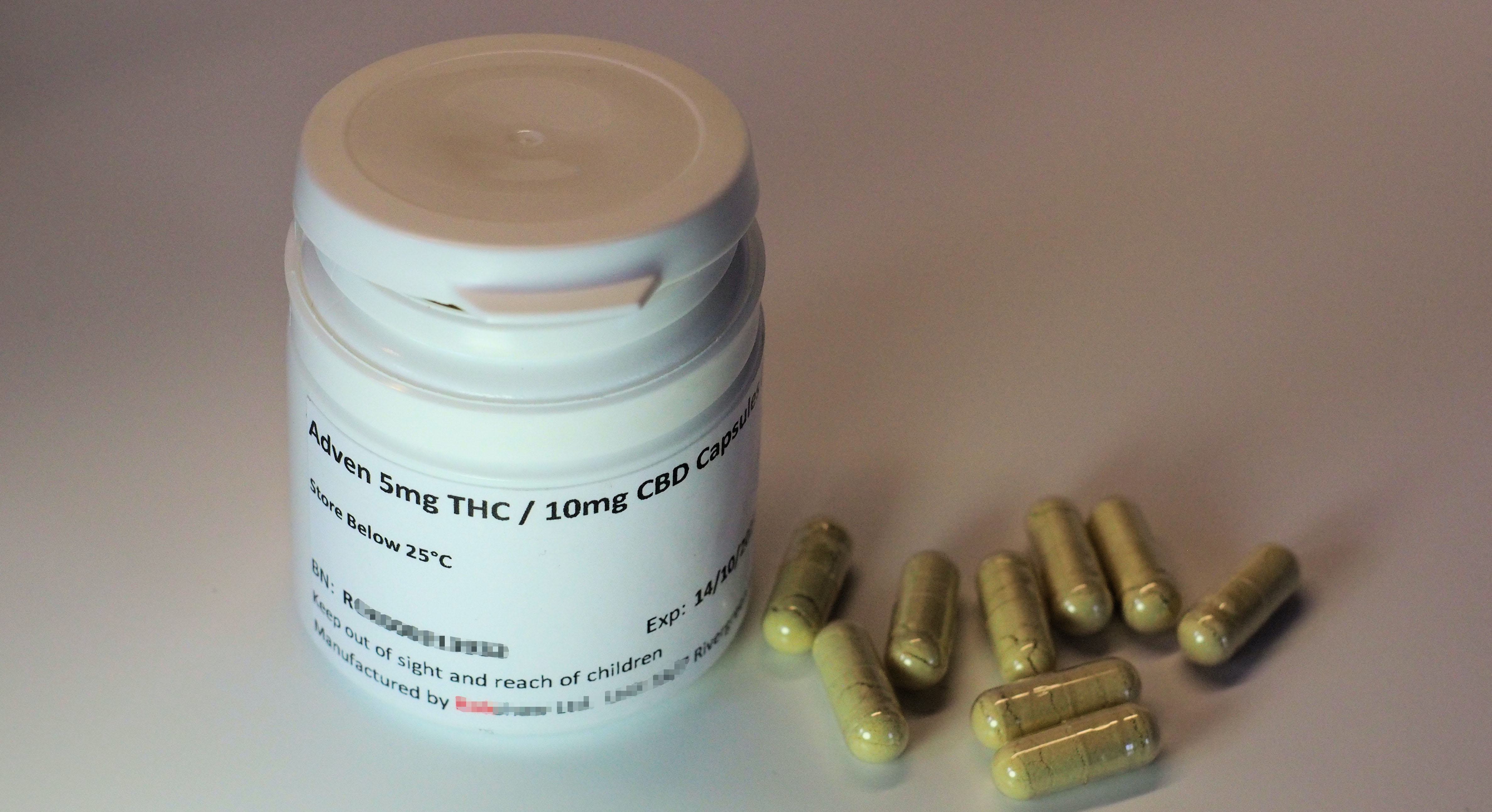By Brandon Moseley
The Alabama Medical Cannabis Commission met Thursday for its monthly meeting. The commission has been tasked by the legislature with making medical cannabis available to persons with a demonstrated medical need by this time next year. Patients will be required to have a physician’s recommendation in order to receive medical cannabis.
Dr. Steven Stokes is the Chairman of the Alabama Medical Commission.
The legislation tasks the commission with licensing a very limited number of farmers, processors, integrators, transporters and dispensaries to grow, process, transport and sell the legal cannabis product in the state. Those licenses are to be issued in September. The commission must also license doctors to make the marijuana recommendation. Only doctors who have received special training will have the authority to issue a medical cannabis recommendation.
A representative from the Medical Association of the State of Alabama (MASA) said they would be surveying member doctors to know how many will be taking the course.
Attorney Matt Hart said that he has been working with the commission and the Alabama Board of Medical Examiners on writing draft rules.
“The rules are open for public comment,” Hart said. “This is just a draft proposal.
“We are learning as we go. We have adopted best practices that we think are appropriate to this state.”
The Executive Director of the commission is John McMillan.
“We will be putting those rules on our websiteas well,” McMillan said.
“I do not have to remind you of all the monumental decisions we have to make in the next several months,” McMillan told the commission members.
The commission heard a report from the subcommittee that is working on the physician training. They are still developing the curriculum and are looking at other states and taking the best practices from them. Their final curriculum will have to wait until the rulemaking is done, with a draft proposal ready to roll out in the spring.
Vice-Chairman Rex Vaughn told the commission that medical cannabis grows very quickly in greenhouses thus a grower can have a crop within eleven weeks of planting.
“We have a lot of work to do before next September,” McMillan told the commission.
Dr. Sam Blakemore is a pharmacist and a member of the commission.
“The maximum that can be purchased is 60 days' doses,” Blakemore said. “The maximum that can be possessed is 70 days' doses.”
Blakemore said the maximum daily dosage of medical cannabis is 75 milligrams
“The potency for minors would be less and it can be higher for terminal patients,” said Blakemore. “In my practice, we dose for effect, which can exceed maximums.”
When it comes to costs,
Blakemore said the commission needs to make sure the cost of the cannabis doesn’t get too expensive. He said that could lead to more illegal activity.“We want to make sure that patients are not getting certified and then going back to the black market,” Blakemore said.
There was also a discussion on which Alabama cannabis warning label to use. Blakemore showed a PowerPoint presentation with close to a dozen potential symbols including the international cannabis warning symbol.
“I personally want the state to be able to own its own logo,” Blakemore said.
Blakemore said there will be a Universal Cannabis Information label (UCIL) QR code to track “seed to sale” of products and he recommended the book, Setting the Standard for Cannabis Labeling, by Dr. David Nathan.
The commission heard a presentation from Chris Ferguson, who is the Director of the Office of Medical Marijuana Use with the Florida Department of Health, about the Florida program.
“There are currently 22 licensed medical marijuana treatment centers (MMTCs) in Florida and eight certified medical marijuana labs,” Ferguson explained. “As of April 1, 2020, there are no statutory limitations on the maximum number of dispensing facilities allowed by each MMTC. The MMTCs are vertically integrated.”
Ferguson said there is no reciprocity in Florida. He said the state prohibits the transport of products out of state and that law enforcement has access to the state’s registry. Florida has 2,784 physicians that can prescribe medical marijuana and 636,105 patients and caregivers in the program.
Stokes announced that the commission has established a rules subcommittee as well as a law enforcement/legal subcommittee.
“We have to prepare a report to the legislature on where we are by January,” Stokes said.
The next meeting of the Alabama Medical Cannabis Commission will be on Dec. 9, at 1 p.m. in the RSA conference room.










